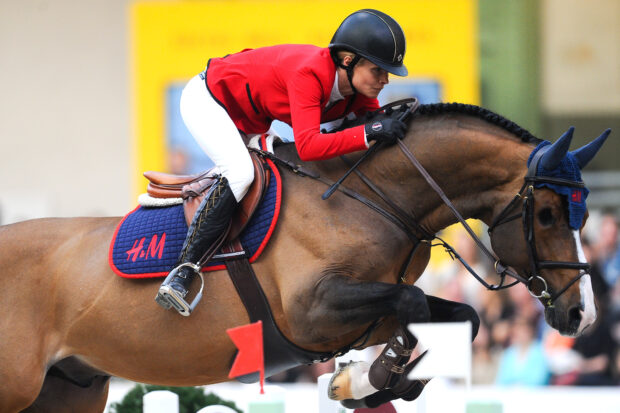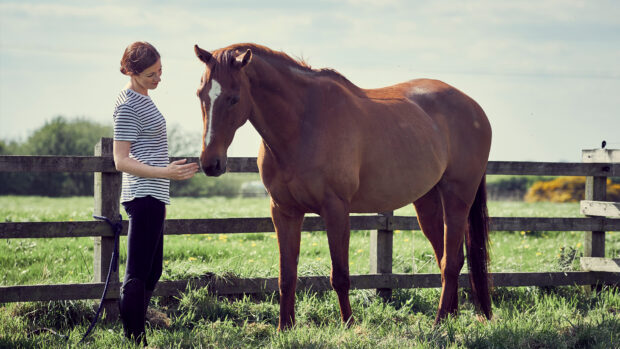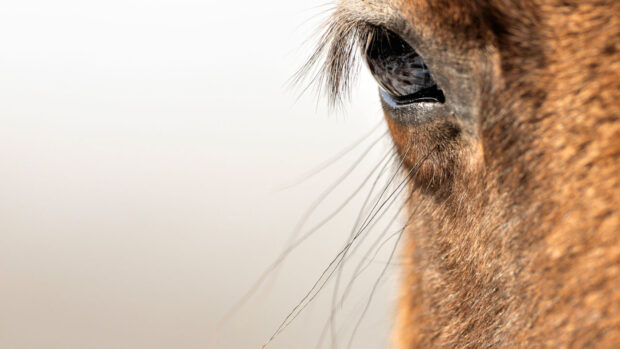The decision to remove an eye is inevitably based on the need to remove pain and, as such, is rarely a difficult one to make. If a horse loses the sight in one eye but is not in pain, there is no point in removal because it would not be a welfare issue.
Cases that result in eye removal start with injury, uveitis (inflammation frequently associated with moon blindness, which is properly known as equine recurrent uveitis) or both.
Direct trauma is a common starting point; other causes include glaucoma, which causes an increase in pressure within the eye. Cataracts do not necessitate removal and cataract surgery is still relatively unusual in horses compared with people.
Neal Ashton MRCVS, a partner at Oakham Veterinary Hospital, says that eye removal involves “very straightforward” surgery lasting about half an hour under general anaesthetic.
“It’s basically a dissection,” he explains. “There are potential pitfalls, though. For instance, the optic nerve has to be sectioned — cut through — and as it goes from the brain to the eye, there is potential for infection to track back to the brain.
“There are a number of techniques, depending on how many of the structures have to be taken out, such as glands and muscles at the back of the eye. We try to leave as much muscle as possible because it makes the site look more natural and you get some movement and more bulking out.”
Where a prosthesis is recommended on welfare grounds, Neal uses a latex ball to replace the eyeball.
“These are straightforward to use,” he finds. “I’ve only had one case where complications meant it had to be taken out.”
Equine patients stay at the veterinary hospital until five days after the operation and are given antibiotics. They are then box-rested for about two weeks, after which the staples are removed from the site and the horse gradually returns to a normal regime.
Horses who have suddenly lost their sight usually take only a few days to adjust, though careful management and handling is essential and owners have to remember to make the horse aware of their presence before approaching on the blind side.
“A lot of horses are much brighter after surgery because the eye was so painful beforehand,” finds Neal.
Opinions vary about to what extent losing an eye affects a horse’s ability to judge fences.
“It may perhaps have an effect on horses competing at the very highest level, where every centimetre counts,” says Neal Ashton MRCVS, a partner at Oakham Veterinary Hospital. “But most adapt quickly and go back to competition.”
|
||
 |
||


 Get up to 19 issues FREE
Get up to 19 issues FREE TO SUBSCRIBE
TO SUBSCRIBE 


